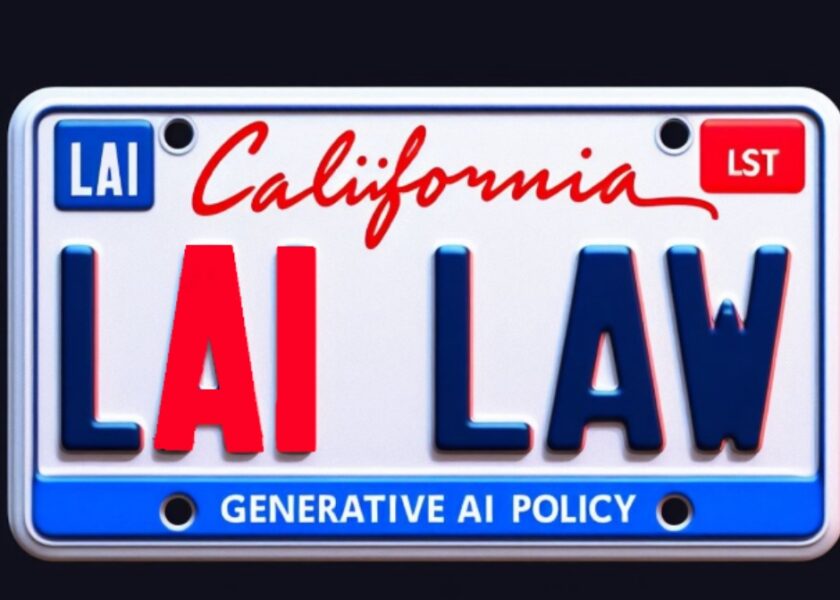Mr Kane, worked as a driver for Debmat and suffered from chronic obstructive pulmonary disease (COPD). He had had several absences from work inlucidng in March 2020. On this occasion, he was spotted by a colleague (Mr Johnson) standing outside a social club smoking. He appeared to have been hiding from a Dembat vehicle which happened to be passing at the same time. His employer called him but Mr Kane did not answer. He later called back which is when he told his employer he’d been ‘bad in bed all day’. Mr Kane was later advised by the NHS to shield on 21 March 2020 due to his COPD.
At an investigation meeting the employer asked Mr Kane “Surely if you had been unfit for work and on antibiotics, you shouldn’t be in the pub,” Mr Kane replied that he’d only been there for a bit, and he saw nothing wrong with that. The same employee who had seen Mr Kane at the club carried out most of the questioning at the investigation meeting where it was concluded that a disciplinary hearing would follow but this was postponed this to after the 12 weeks shielding period.
Mr Kane was invited to a disciplinary hearing in July. No witness statements or photographs were provided as evidence despite reference being a photo of Mr Kane outside the club purportedly taken by a family member of an employee. The employer relied on this photo at the hearing but did not say who took it or when. Following the hearing Mr Kane was dismissed and he subsequently brought a claim of unfair dismissal.
One would assume that such a breach would be sufficient grounds for gross misconduct; purportedly off sick but seen smoking and drinking in a social club; lying to his employer?
Absolutely, but when the employer failed to carry out a thorough investigation the evidence presented was fundamentally flawed and Mr Kane won his case for unfair dismissal.
Here’s why;
- No witness statements were taken from Mr Johnson or the other employee who drove the company vehicle on the day in question; In fact, the only investigation undertaken was interviewing Mr Kane – no other investigation was carried out despite there being several other witnesses.
- Reference was made to a photo but this was not provided as evidence; the person who took the photo was identified, called as a witness nor was there any evidence provided of when the photo was taken (easy to do these days as photos are usually date stamped).
- The employer had concluded that, given his condition, Mr Kane shouldn’t be drinking and smoking without any medical evidence. The disciplinary chair was not qualified to make such a diagnosis.
- Mr Kane was accused of attending the social club on ‘numerous occasions’ yet no dates or evidence was provided other than on 9 March.
- The employer got the date of the phone call wrong – in the investigation they said it was the Tuesday. It was in fact the Monday.
- No written accounts were taken which led to confusion over dates and events.
- A key witness (Mr Johnson) carried out most of the investigation.
The company relied greatly on the fact of Mr Kane’s actions delayed his return to work which they took to be misconduct. Apart from the fact that Mr Kane was required to shield so could not attend work after 23 March there was nothing in the company’s disciplinary procedure regarding what an employee could and couldn’t whilst on sick leave.
The court reduced Mr Kane’s award by 25% on the basis that, had a fair procedure been taken he would have probably been dismissed.
So what lessons should Debmat, and other employers, take from this case?
- Investigate every aspect of alleged misconduct; Interview every witness, date stamp every document, check dates and keep records of everything.
- Seek medical advice if you are relying on a person’s condition.
- Make sure that the investigating officer, disciplinary chair and appeal chair are not involved as witnesses. Clearly in small organisations this isn’t always possible so consider engaging outside representatives where there is a conflict.
- If you have company rules that you want to rely on make sure they are in your company policies.
Investigations for companies, particularly small businesses, take up a lot of time and resources but it’s a vital part of the disciplinary process and should not be skimped.
If you need help in dealing with investigations or a disciplinary process get in touch – we’re here to help.




